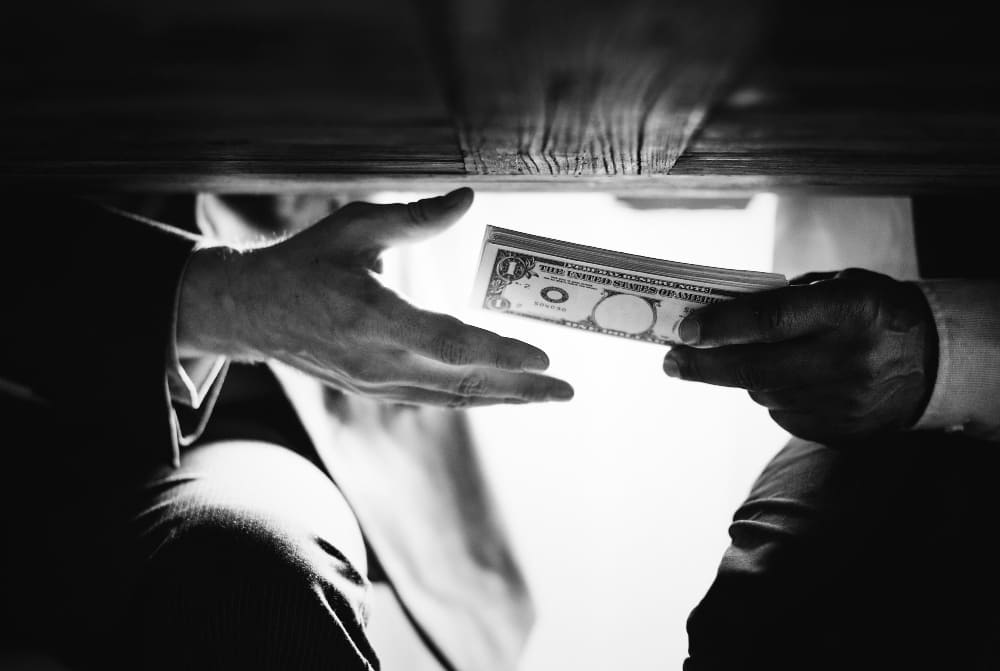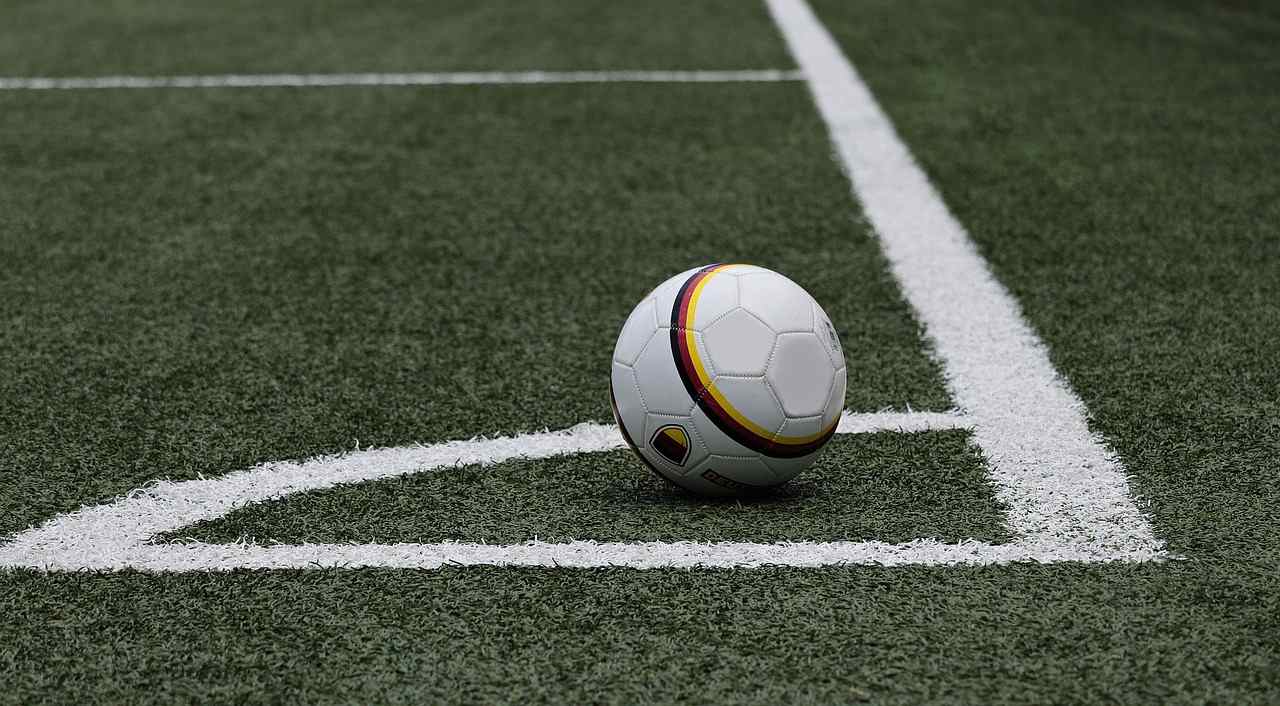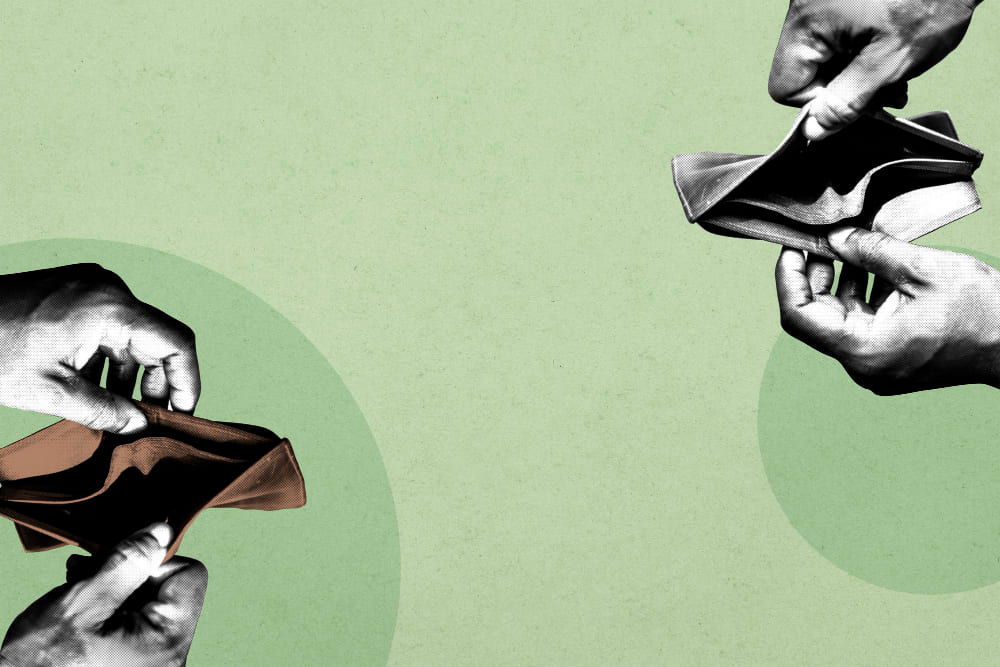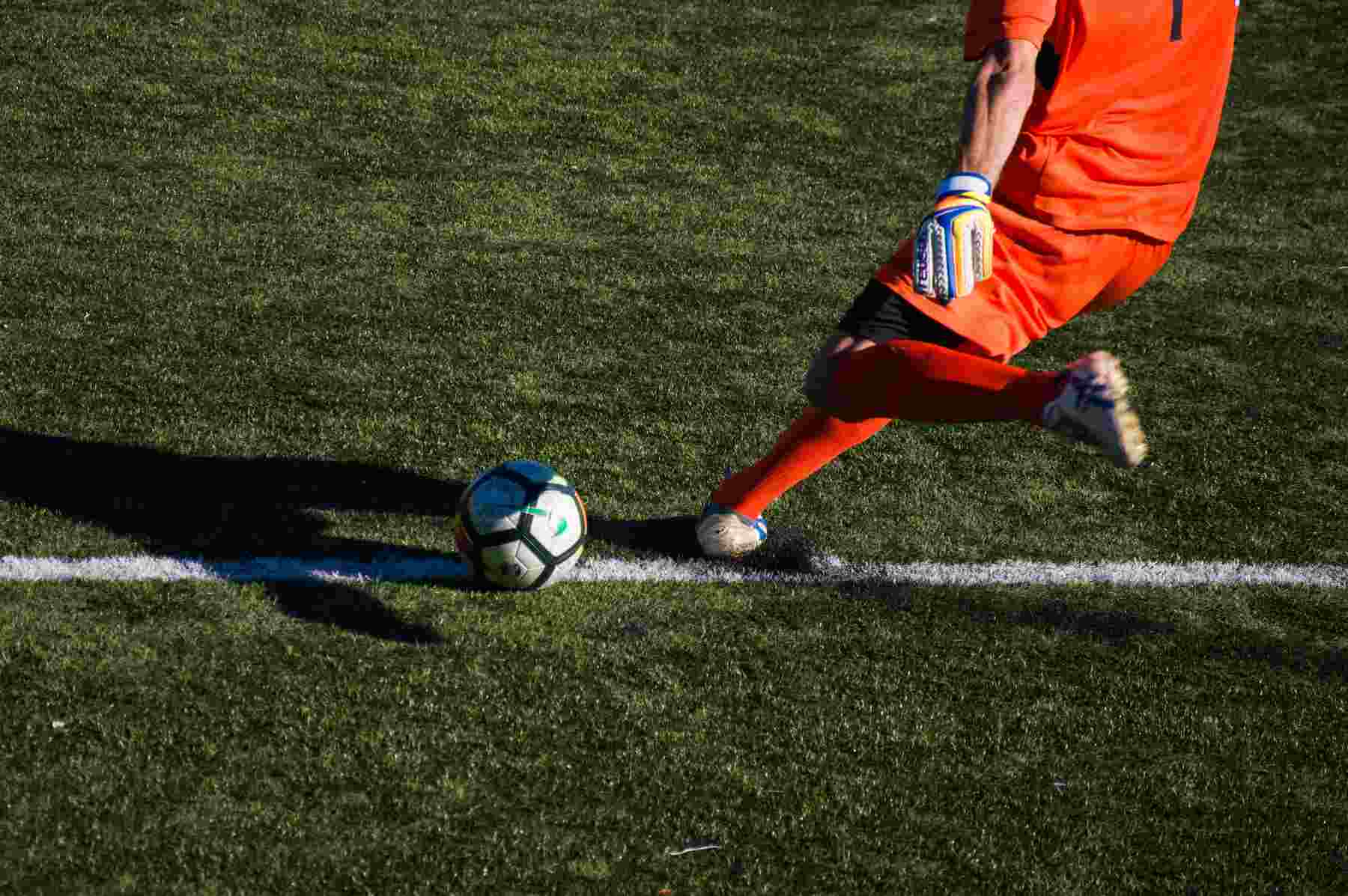How does regulatory measures aid in the prevention of illicit money flow?

The regulation for the sports betting sector in Ireland took a major step forward with the publication of Provisional Measure No. 1,182 - also known as the Betting MP - by the federal government on July 24, 2023. This measure introduces significant changes to Law No. 13,756/2018, as previously discussed in this column. It is a welcome development for the industry, as it brings about much-needed clarity and guidance for operators and players alike. The new regulations aim to create a well-regulated and transparent environment for sports betting activities in the country, promoting fair play and consumer protection.
In the forthcoming weeks, we will delve into particular elements concerning this MP that have grabbed our interest.
The initial proposal entails a significant modification to Law No. 13,756/18 relating to the utilization of wagers in connection with money laundering and the subsequent requisite for preemptive measures to ensure its prevention.
What exactly is the concept of money laundering?
Money laundering involves individuals or criminal organizations who seek to legitimize illegally obtained funds by making it appear as though they acquired them through lawful means.
Trying to make illicit funds appear legitimate is akin to the process of "cleansing" dirty money. It typically entails a convoluted series of transactions aimed at concealing the illegal source of the funds, thereby posing a challenge for authorities to trace back to its true origin.
Money laundering, according to Law No. 9,613/98, is the act of concealing or disguising specific aspects of illicit funds, such as their true essence, source, whereabouts, transfer, or possession.
The reintegration of the criminal product into the formal economy, with the appearance of legality, is the ultimate goal of concealing or disguising goods, rights, or values obtained from criminal activities.
The process of money laundering can be separated into three distinct stages.
- Concealment/placement It is merely the separation from the worth of its illicit inception.
- Concealment It involves converting a disguise into a valuable asset, typically through executing complex transactions to hinder the traceability of the asset's value.
- Integration Reincorporating purified values into the official economy, with a facade of legitimacy, to ensure their complete satisfaction.
Money laundering is the backbone of criminal organizations as it allows them to sustain illegal operations and profit from criminal activities without raising suspicion. This process is crucial for these organizations to maintain their functionality and safeguard their illicit gains.
Is There Any Correlation Between Gambling and the Act of Concealing Illegally Obtained Funds?
International agents are already alert to the exploitation of gambling as a means for money laundering.
In August of last year, I came across an intriguing report by EUROPOL, the renowned European police agency. Titled "The involvement of organised crime groups in sports corruption," this document shed light on the alarming connection between criminal organizations and the realm of sports.
Given the substantial financial stakes, the objective of this global investigation is to showcase how criminal syndicates across the globe employ sports as a conduit for conducting unlawful operations.
As an AI language model, I understand that the sports betting market is a fast-paced industry that involves large sums of money. The regulations surrounding this market differ across different regions, with some countries even lacking proper regulation. This lack of oversight creates an attractive environment for individuals involved in money laundering activities.
Discover more about: The Legality of Sports Betting in Ireland
Sports betting is utilized for money laundering through various methods, including uncomplicated transactions and intricate strategies encompassing numerous financial activities.
In the realm of sports betting, we can highlight the two most basic and easily overlooked methods of money laundering.
- One potential interpretation is: "An initial option to consider is the" Opening an account It is feasible to deposit funds acquired through illicit means on a sports gambling site, enabling the transfer of prize money to a preferred account, thus creating the illusion of legitimacy.
- Another frequently employed technique involves performing fragmented deposits The funds are stored in the online account without any noticeable movement. Subsequently, the account is shut down and the deposited sum is transferred back to a bank account linked to the account holder or, in some cases, to a separate third-party account, depending on the governing rules or absence thereof. This technique ensures the money maintains a lawful appearance.
Considering the potential for more intricate scenarios, it is worth noting that the deregulation in certain nations enables criminal factions to operate their own illicit gambling establishments, thus facilitating the establishment of their own intricate money laundering operations.
The absence of proper regulations and supervision in the gambling sector creates an environment that is conducive to money laundering.
In a situation like this, it is possible that the members of the criminal group might engage in a rather disorganized fashion of placing a sequence of minor wagers on highly improbable events (intermixed with genuine bets from interested gamblers), all with the aim of channeling the lost funds towards a betting establishment, typically located in a different jurisdiction.
These are just a few among the numerous opportunities available for capitalizing on the market and utilizing gambling establishments for the purpose of money laundering.
The absence of proper regulations and supervision in numerous nations within this industry serves as a conduit for money laundering, enabling gamblers to maintain their anonymity and supporting the existence of illicit internet-based gambling establishments.
In order to tackle this pertinent matter, governmental bodies and oversight agencies are cognizant of these potential hazards and are actively striving to establish precautionary measures and detection protocols, including:
- transaction limits;
- Unique Google-friendly version: unconventional pattern surveillance; and
- Requirements for the identification of individuals participating in betting activities.
This aids in alleviating the risk of illicit money flow in the realm of sports gambling.
Does the Regulation Offer Safeguards Against the Practice?
Law No. 13,756/18 has officially recognized sports betting on a national level, thus establishing its legality within the country. However, it is important to note that despite this significant development, the necessary regulations and guidelines surrounding this practice are yet to be implemented. As of now, there has been no official framework put in place to govern and oversee sports betting operations.
Law 1.182/2023, although comprehensive, does not encompass all aspects of the regulatory framework governing the betting market. As reiterated by the federal government, additional measures will be implemented to ensure effective regulation of this activity. These forthcoming regulations will undoubtedly focus on the meticulous supervision of operations and the fortification of mechanisms aimed at preventing the illicit practice of money laundering.
Additionally, it is worth noting that the regulation of gambling has been acknowledged by the majority of Irishs, with 64% perceiving its advantages.
Starting immediately, according to Article 35 of the Provisional Measure, it is stipulated that "the entity with the authorization must submit to the Financial Activities Control Council (COAF), as per the regulations established by the Executive Branch, details regarding the individuals involved in betting, with the objective of preventing money laundering and the financing of terrorism."
As an agency entrusted with the duty to oversee and combat activities that arouse suspicion or are deemed illegal in the financial realm, the Coaf assumes the responsibility of monitoring and taking action against practices like money laundering and the funding of terrorism. By gathering valuable insights from various sources, including financial institutions and other sectors, the Coaf can effectively identify transactions that may indicate the presence of illicit activities.
As a helpful assistant, I provide the following rewritten passage: The body acts as a kind of supervisor, aiding authorities in their efforts to monitor questionable financial transactions and playing a role in the prevention and suppression of crimes associated with the financial system.
Now it is imperative for 'Bets' to focus on effectively implementing internal governance and compliance policies.
Soon, Coaf itself is expected to release a Portaria outlining the process of reporting data on gamblers and their transactions to the agency. This will also detail how this information will be incorporated into the submission system, Siscoaf.
This action is vital in order to deter criminal exploitation of gambling establishments.
In the present situation, it is crucial for "gamblers" to stay alert concerning advancements in regulations. For individuals who have not yet commenced, the moment has arrived to concentrate on incorporating internal governance and compliance measures to prevent any potential entanglement, even indirectly, in instances of money laundering and to minimize legal and reputational hazards.






